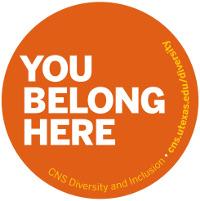 |
SMMG – February 2022Date: February 20, 2022
Time: 12pm-2pm Location: Zoom (Join the mailing list to receive the zoom link!) Speaker: Cas Monroe Title: Borsuk-Ulam and the Ham Sandwich Theorem Abstract: Given any ham sandwich (made of a slice of ham and two pieces of bread) where the pieces can be placed anywhere in the universe, did you know that you can always cut all pieces in half in exactly one pass? Did you know that at any given time there are two antipodal points, or locations on exact opposite sides of the earth, with the same temperature and barometric pressure? These interesting facts are a result of the Borsuk-Ulam theorem which is an essential theorem in the field of topology. These facts, and some other information about the study of topology, will be introduced in this talk. |
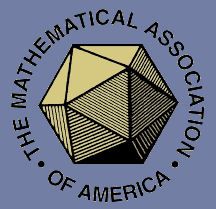 |
The American Mathematics Competition – AMC 8Date: January 18, 2022
Time: 6:00 – 7:30pm Location: Zoom: register here to receive the zoom link! For more information and registration, click here! |
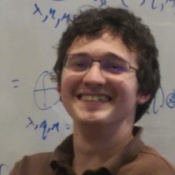 |
SMMG – March 2022Date: March 6, 2022
Time: 12pm-2pm Location: Zoom (Join the mailing list to receive the zoom link!) Speaker: Austin Alderete Title: How Big is Big Enough Abstract: How big must a party be to guaruntee that you can find a large group of mutual friends or strangers? How many dimensions do I need before every 2-coloring of the n-dimensional hypercube has a single color coplanar set of four vertices? What does this even mean and how in the world are these questions related? We'll take a look at Ramsey theory and the idea that, in combinatorics, there's no such thing as true chaos. |
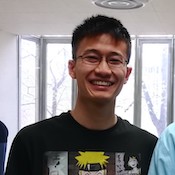 |
SMMG – March 2022Date: March 27, 2022
Time: 12pm-2pm Location: Zoom (Join the mailing list to receive the zoom link!) Speaker: Jayden Wang Title: How Extremely Simple Math Revolutionized High School Admission – the Gale-Shapley Algorithm Abstract: Given an equal number of students and teachers, what is the best way to pair the students and teachers if each group orders their preference on who to be matched with? In this talk we will look at what it means for a matching to be the "best possible" or "stable", and explain how such a matching always exists because of the Gale-Shapley Algorithm. We will also discuss how this simple result has real-world applications that have helped many people. |
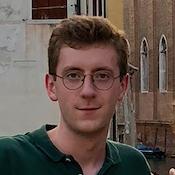 |
SMMG – April 2022Date: April 10, 2022
Time: 12pm-2pm Location: Zoom (Join the mailing list to receive the zoom link!) Speaker: Jacson Van Dyke Title: Geometry of surfaces and the Gauss-Bonnet theorem Abstract: Have you ever tried to wrap a piece of paper around a spherical object like a globe? If so, you likely discovered that it is very hard. But if you tried to wrap a piece of paper around a cylinder or a cone, it is a lot easier. Why? We will answer this question using a concept in geometry called "curvature"! Along the way we will see the difference between "topology" and "geometry", and we will even prove an amazing result called the Gauss-Bonnet theorem! |
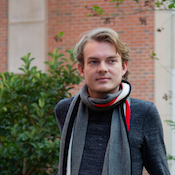 |
SMMG – April 2022Date: April 24, 2022
Time: 12pm-2pm Location: Zoom (Join the mailing list to receive the zoom link!) Speaker: Ken Demason Title: Non-Euclidean Geometry Abstract: Euclidean geometry describes the geometry we live in, and the one we are all used to. It is built from five axioms, the fifth commonly called the "parallel postulate". What happens if we remove this axiom? In this talk, we’ll explore the kinds of geometries (spherical and hyperbolic) which arise in this way. |
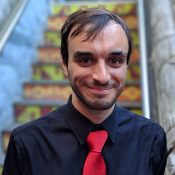 |
SMMG – May 2022Date: May 1, 2022
Time: 12pm-2pm Location: Zoom (Join the mailing list to receive the zoom link!) Speaker: Tom Gannon Title: The Birthday Problem Abstract: How many people do you need to put into a room so that there will be a 50% chance that two of the people in the room have the same birthday? You should think about this problem for a second and actually take a guess! Would 200 people be enough for there to be a 50% chance that two people in the room have the same birthday? Would 100 people be enough for there to be a 50% chance that two people in the room have the same birthday? Would you believe me if I said that you ONLY needed 23 people in a room to guarantee a 50% chance that two people in the room have the same birthday? We'll talk about why this crazy fact is actually true, and can be derived using something called combinatorics, the math of counting things. If you happened to already know the answer to this problem, we'll have other problems related to this one for you to think about! |
SMMG

